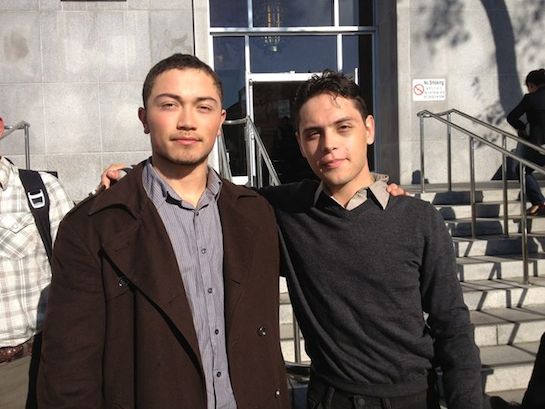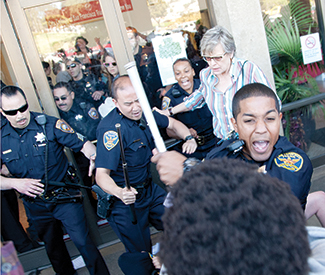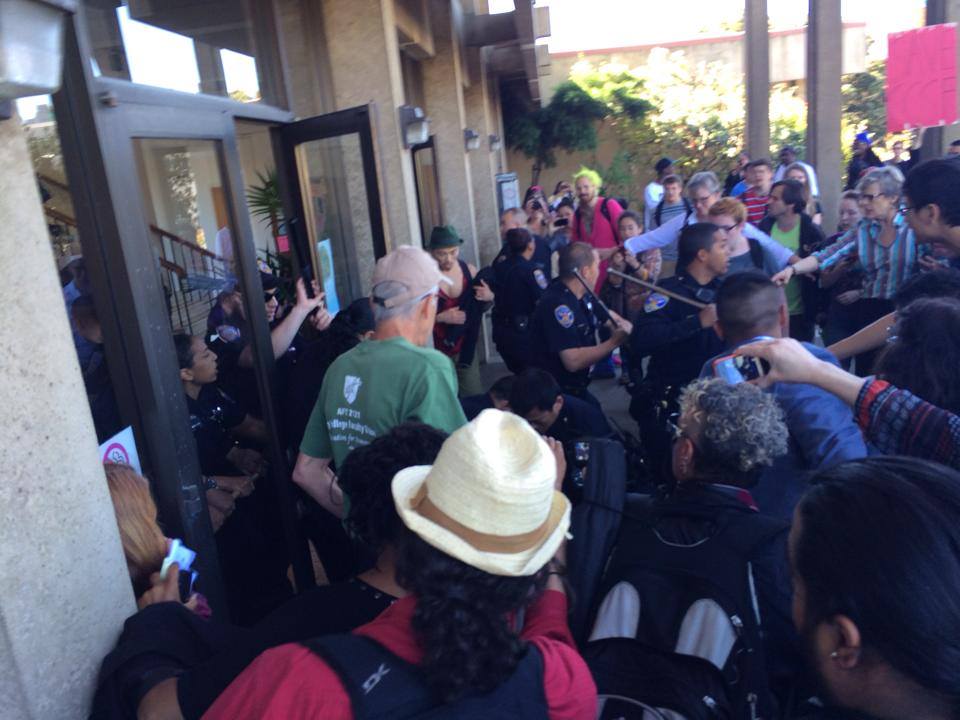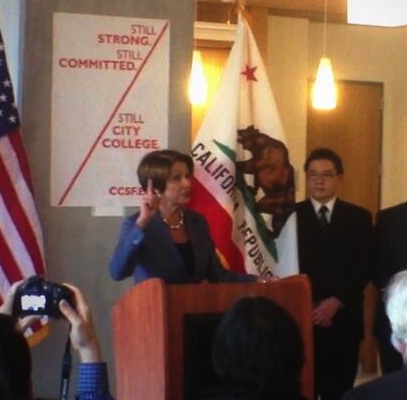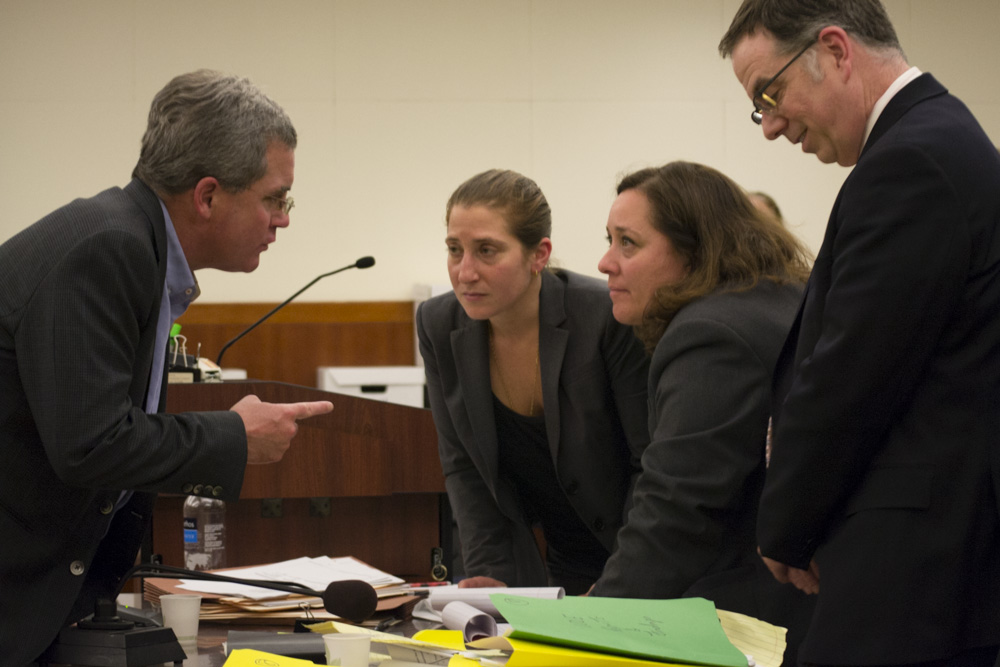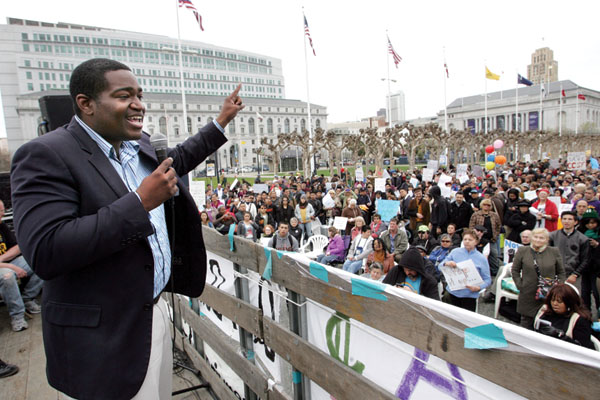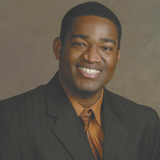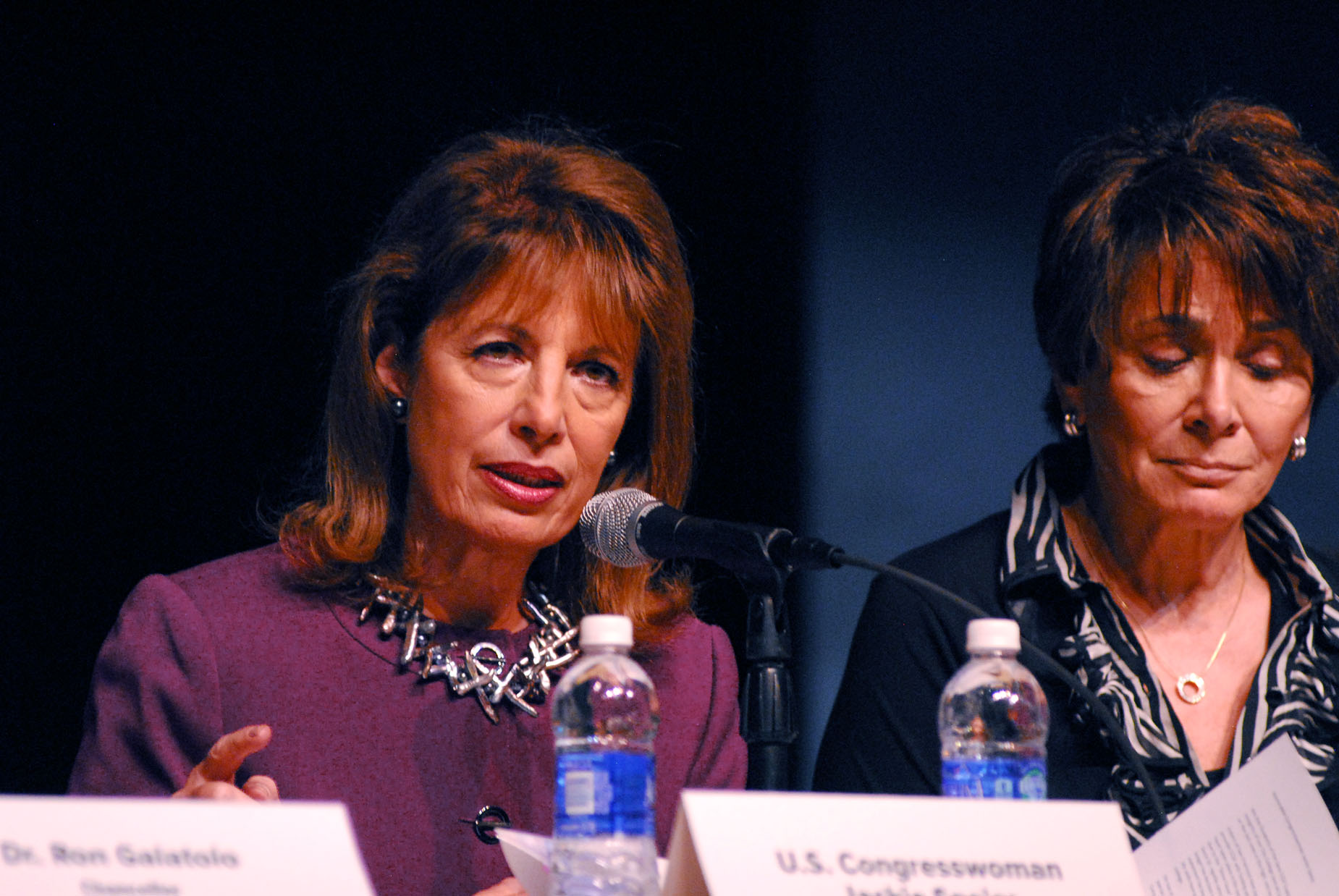San Francisco Police Chief Greg Suhr will be on hand this evening [Tue/25] for a town hall meeting to discuss last week’s officer-involved shooting in Bernal Heights Park. The shooting victim, 28-year-old Alejandro Nieto, was a City College of San Francisco student, a Latino, and Bernal Heights resident who had hoped to become a youth probation officer.
Just before sunset last night [Mon/24], a group of about 150 friends, family members, and community supporters gathered for a vigil at the spot where he was gunned down by multiple police officers.
The community members lit candles, sang, burned incense, and conducted Buddhist chants in honor of his spiritual practice. Those who knew Nieto, whom they called Alex, described him as caring, ambitious, and committed to nonviolence.
“He was such a bright person,” said Ben Bac Sierra, an author and instructor at City College who knew Nieto through shared ties in the neighborhood. Nieto had been helping Bacsierra organize community events and book readings, he said. They’d rolled down Mission Street together in a classic low-rider for a parade, shouting “si se puede!” while onlookers cheered them on.
Torrance Bynum, former dean at City College’s Evans and Southeast Center campus and a former instructor of Administration of Justice, described himself to the Bay Guardian as Nieto’s mentor. “I would give him rides home from class,” he said. Nieto would stop by to visit him, and “if I was in a meeting, he would wait for me.” Bynum said he’d phoned Nieto on his birthday just a few weeks ago, March 4.
On Monday night, major questions still lingered about the events leading up to Nieto’s death.
A statement issued by the SFPD on March 21, about three hours after the shooting, said officers had arrived at the park in response to “911 calls of a male subject with a gun.” Police “encountered a male subject with a weapon,” the statement went on. “The male subject pointed a weapon at the officers, and multiple officers discharged their firearms.” (In an interview with the San Francisco Chronicle, Deputy Police Chief Lyn Tomioka indicated that he “appeared to draw a weapon.”) He was pronounced dead, the statement noted, “and an additional weapon was found.”
In the days following the shooting, however, friends and family members told reporters that Nieto had a stun gun, not a firearm, because he worked as a security guard at a nightclub. They also said Nieto was peacefully eating a burrito just before the shooting occurred.
According to California Bureau of Security and Investigative Services records, Nieto obtained registration to work as a guard/patrolperson in June of 2007, and obtained a permit to carry a baton in September of 2013. Security guards must complete a 40-hour course of required training before registering with the state.
A report in the San Francisco Chronicle suggested that just before the shooting, Nieto was “acting erratically and threatening passersby,” quoting an unnamed witness who said a man had threatened his dog with a “pistol-type stun gun” and yelled profanities. It also referenced a past incident involving Nieto’s alleged use of a stun gun.
A person who declined to be named told the Bay Guardian that about half an hour before the shooting occurred, two men who were walking down the pedestrian pathway on the north slope of Bernal Heights Park alerted a jogger that there was a man ahead wearing a gun on his hip.
They told the jogger that they had called the police. The jogger, who was about 50 feet from the man and started moving away from him after receiving the warning, was too far away to see whether he had a weapon but noticed that he was “pacing back and forth” and “air boxing.”
When the Bay Guardian phoned the SFPD to ask what sort of weapon had been discovered, Sgt. Danielle Newman said she could not release that information.
“He was never arrested in his life,” Bac Sierra said of Nieto during the vigil. “He wanted to be a good person – and he was.”
Bac Sierra later told the Bay Guardian he’d first heard the news Saturday night, and spoke with members of Nieto’s family the following day. The family was not notified of what happened until 3pm the day after the shooting, he said. The report was that Nieto had been shot 14 times.
Sup. John Avalos, who represents the Excelsior District, said he had worked with Nieto in the past and knew him from Coleman Advocates for Children & Youth. “I was making sure that his life was going in a positive direction, and what we saw in Alejandro was that he had a really big heart,” Avalos said at last night’s vigil. “He gave it to a lot of people, and often probably didn’t give it enough to himself.”
He added, “Blood’s been shed, in this case, by people we’re supposed to trust. But … we have a lot of difficulty trusting our police, because from time to time these things happen.”
Avalos also mentioned that when it comes to dealing with subjects who are mentally ill, SFPD has an established protocol. Under a program that began in 2011, specially trained officers with the department’s Crisis Intervention Team are to be dispatched to the scene when calls involve a mentally ill individual.
At tonight’s meeting, Suhr is expected to answer questions from community members. Friends and supporters of Nieto are still in shock from the news.
“I don’t know what it’s going to take, but I think all of us here should call on the Office of Citizen Complaints, and make sure they do an investigation,” Avalos said. “We need to make sure that the officer who – I really hope, despite all the shots that were fired, are having trouble with their consciences right now. Because taking anybody’s life, or hurting anyone in such a way, is unconscionable. This young man, he deserves that from all of us, to make sure the senseless taking of his life was not done in vain, that it leads to something better.”
Avalos said he was also there on behalf of Mission District Sup. David Campos, who was unable to attend because he was in a hearing.
The SFPD town hall is scheduled for 6pm at Leonard Flynn Elementary School, located at 3125 Cesar Chavez Street.
Bac Sierra urged everyone gathered at the vigil to attend the town hall meeting. “Those cops have to feel this,” he said. “This neighborhood has to feel this.”


